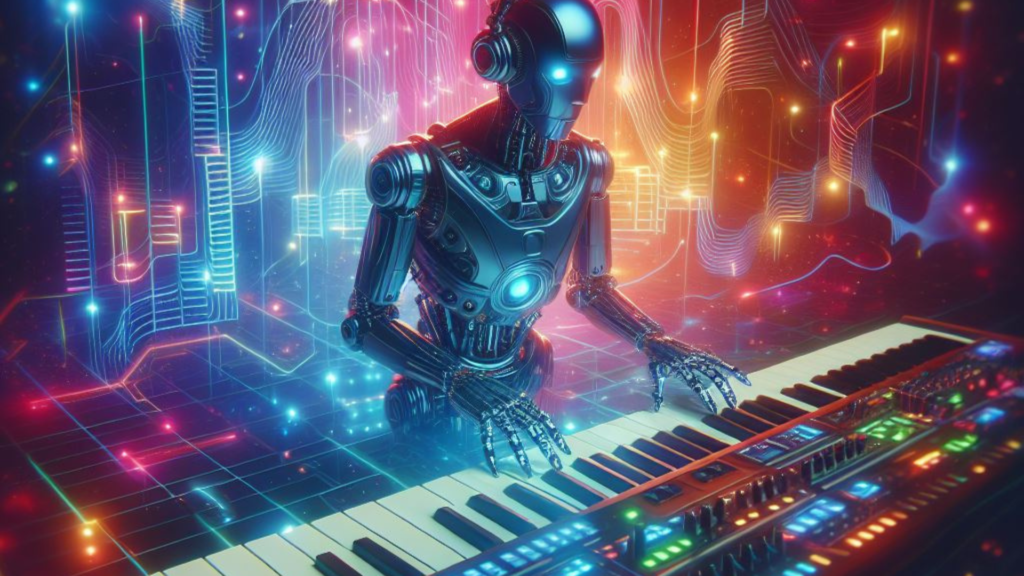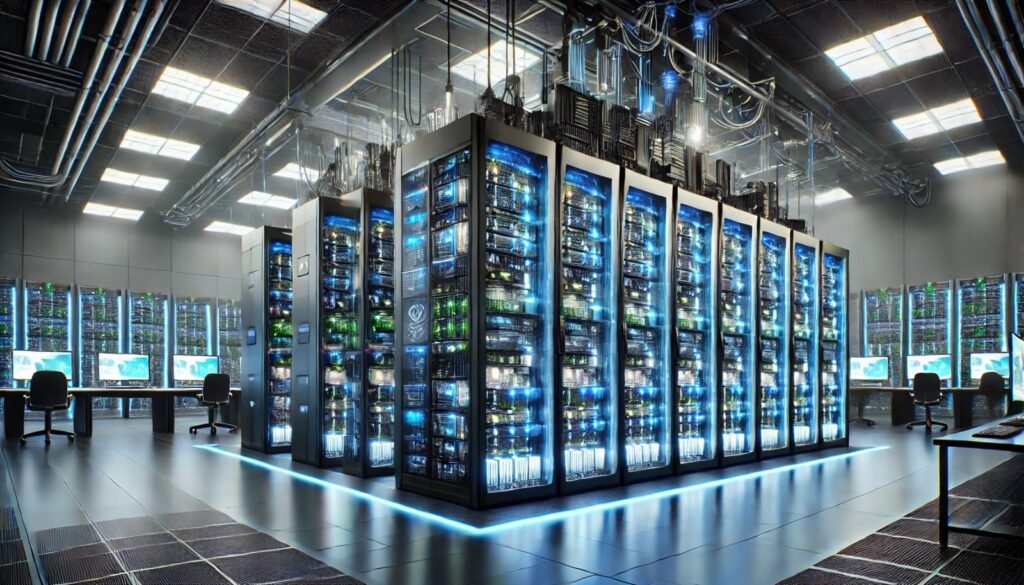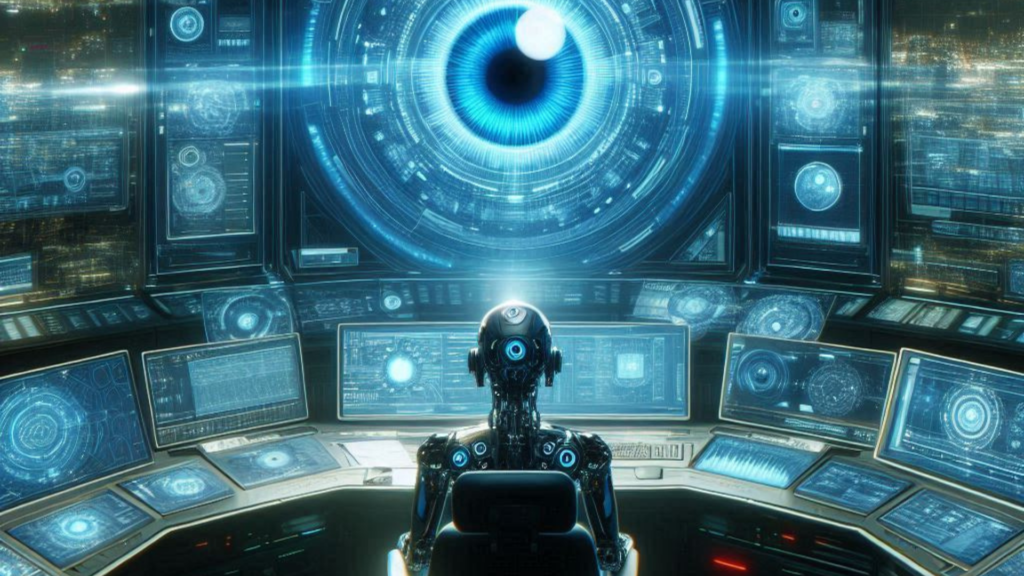AI Music: Friend or Foe to the Music Industry?
The world of music is on the edge of a big change. Artificial intelligence (AI), once just a dream, is now making and producing music, even playing it sometimes. This has caused a heated debate in the music industry. Some people worry that AI will replace human musicians, while others are excited about the creative possibilities.
AI’s Mark on Music: From Text-to-Tunes to Hit Songs
New AI tools like Suno and Udio are making big waves. These programs let people simply describe the kind of music they want with words, and the AI makes a whole song. This makes creating music easier than ever before. Anyone can become a music maker in seconds, and upload their creations straight to streaming services like Spotify.
AI-made albums are getting a lot of attention. The albums, with all music written by AI, have racked up thousands of listeners on Spotify. This shows that AI music can be successful and make money. This is a concern for human musicians, especially independent artists who might have trouble competing with the massive amount and speed of AI music production.
Who Owns AI Music? A Copyright Mystery
A big question about AI music is who owns the copyright. Ed Newton-Rex, a former AI developer, has pointed out cases where AI-generated songs seem to be heavily influenced by existing music. This raises the question of whether AI companies are breaking the copyright laws of human artists by training their models on music that is already copyrighted, without permission.
The streaming giant Spotify is being careful. In late 2023, they took down tens of thousands of AI-generated songs suspected of using fake accounts to inflate play counts. Spotify’s CEO, Daniel Ek, made the platform’s position clear: AI music is welcome, but it cannot impersonate real artists. However, songs like “Heart on My Sleeve,” which featured voices like Drake and The Weeknd without permission, were removed and could not be considered for a Grammy.
The Human Touch vs. AI Composing: Can They Work Together?
The debate about AI music goes beyond copyright. Some people argue that AI-generated music lacks the feeling and depth that comes from human-made music. Music is often a very personal way to express yourself, and the creative spark that comes from human experiences is hard to copy with algorithms.
However, AI can be a powerful tool for human musicians. AI-powered music making programs can make tasks like writing melodies or creating backing tracks easier. This frees up artists to focus on the creative parts of songwriting and performing. Additionally, AI can look at a huge amount of music information to find trends and predict what audiences will like, potentially helping artists make music that is successful commercially.
The Future of Music: A Team Effort Between Man and Machine?
The rise of AI music presents both challenges and opportunities for the music industry. While concerns about copyright infringement and the potential for human artists to be replaced are real, AI also offers a range of creative tools and production aids.
The future of music might lie in working together, where AI helps human creativity. Imagine a world where musicians use AI to experiment with new sounds, create backing tracks, or even co-write lyrics. This could lead to a new era of music that is both innovative and filled with the human touch.
The impact of AI on music is still being written. As AI technology keeps growing, it will be interesting to see how it shapes the future of how music is created, shared, and listened to. One thing is for sure: the music industry needs to change and find ways to use AI responsibly, while also protecting the jobs of human artists.
To stay updated on the latest developments in AI, visit aibusinessbrains.com.




